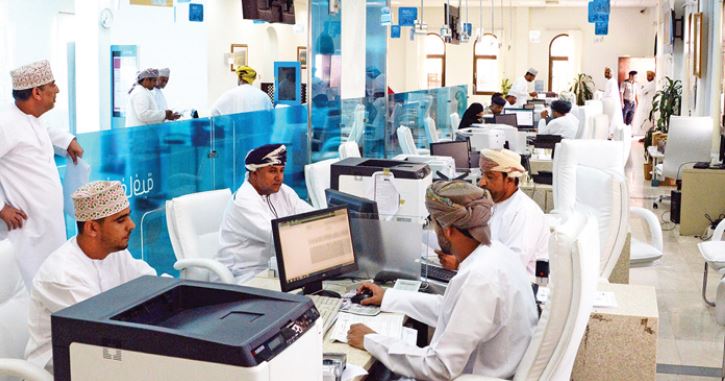Empowerment Through Omanisation: A Critical Analysis of The Pros and Cons of The Omanisation Project (2010)
The Omanisation Project and Empowerment HRM Dissertation – The Sultanate of Oman, less formally known as simply the nation of Oman, is a country governed by a monarchy which is currently under the rule of Sultan Qaboos. Upon his rise to power in 1970, the ruler realised there was a lack of sophistication and diversity in the educational system. He soon would implement a series of reforms for the sake of restructuring this as well as other economic areas and portions of the public infrastructure. This would give rise into what is now referred to as Omanisation, or the employment and skills training of local citizens as opposed to a reliance on expatriate labour.
While the Omanisation effort was taking place in its most fundamental form, the government was realising and attempting to cope with the influence of powerful merchant families in politics. Many laws were passed in attempt to reduce influence, however these laws proved to be avoidable on many levels.
Both positive and negative effects of this influence would be realised in terms of the Omanisation effort, and to this day the relationship between the merchant trade families and the government in terms of the progress of Omanisation is a subject for further research. Amidst all of these power shifts and a developing economy, the government of Oman would establish a variety of economic goals to be met by the year 2020. Among these were expenditure and GDP related target numbers, and percentages of Omani citizens to be employed.
This dissertation attempts to gain additional perspective on the advantages, disadvantages, progress, sustainability, and potential of the Omanisation effort. In this attempt, this study takes the approach of conducting a primary research study of a sample of employees at Galfar Engineering, a company actively participating the Omanisation effort through employment and training.
The primary research consists of a combination of interviews and surveys, while some additional feedback was gained from a small number of World Bank and IMF employees. Secondary research was also conducted using the literature and data from the US Department of State, the Omani-based Ministry of Information, literature from Oman Economic Review, and others.
This dissertation concludes that the advantages of Omanisation are independence and an enhancement of skills in citizens, however this alone is not enough to provide additional development or economic diversity to the country, especially at the current rate of progress. Disadvantages to this have included an increase of expenditures, while a potential disadvantage is increased economic weakness should the economy collapse in another area and require support.
Sustainability of the skills of training Omanis was found to be high, and while the progress was high in this area, developmental progress did not appear to be beyond normal levels of operation. The potential for this effort remains high, however at the current time it is more evident that additional procedure is required for economic and developmental benefits. Further research is recommended in the areas of merchant family and domestic business influence, agricultural development, tourism, and technological and infrastructure development and integration.
- 18,000 words – 66 pages in length
- Excellent use of literature
- Excellent analysis of subject area
- Well written throughout
- Includes survey questions
- Ideal for international HRM students
1: Introduction
Oman
Omanisation
Primary Aim and Objective
Statement Of Research Questions and Hypotheses
Research Limitations
Dissertation Structure
2: Literature Review
Modern Omani Business World
Oman’s Economy
Omanisation: Policy of Employment
Developing The Education System for Economic Empowerment
Economic Development for Competitive Advantage in Oman
Oil Revenues, Growth and Public Service Development in Oman
Human Resource Development and Omanisation for Sustainability and Skills Transfer
Background To Galfar Engineering and Contracting Company
Omanisation Organisations and Training
3: Research Methods
Introduction
Primary Data Sources
Secondary Data Sources
Sample Size of Primary Data
Methods Of Data Analysis
The Pilot Study
Research Direction
Primary Data Source
Sampling Techniques
Sample Size of Primary Data
Questionnaires
Distribution Methods
Interviews
Secondary Data Source
Data Analysis
Reliability and Ethics
Summary
4: Analysis
Sample Distribution
Hypothesis
Survey Results
Semi-Skilled and Unskilled Omani Citizens
Supervisory, Trainer, And Programme-Related Employees (Active Participants)
World Bank and IMF Surveys
Interviews
Unskilled And Semi-Skilled Omanis
Supervisory, Trainer, And Programme-Related Employees (Active Group)
World Bank and IMF
Secondary Research
Summary of Findings
5: Conclusion
6: Further Research
References
Appendices

